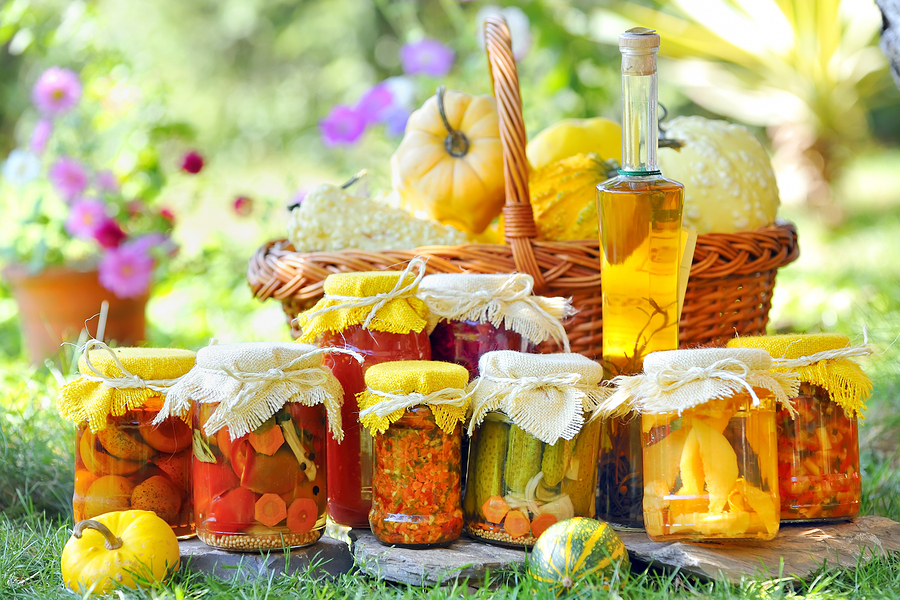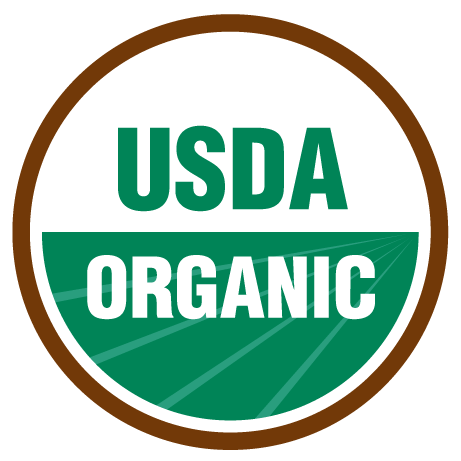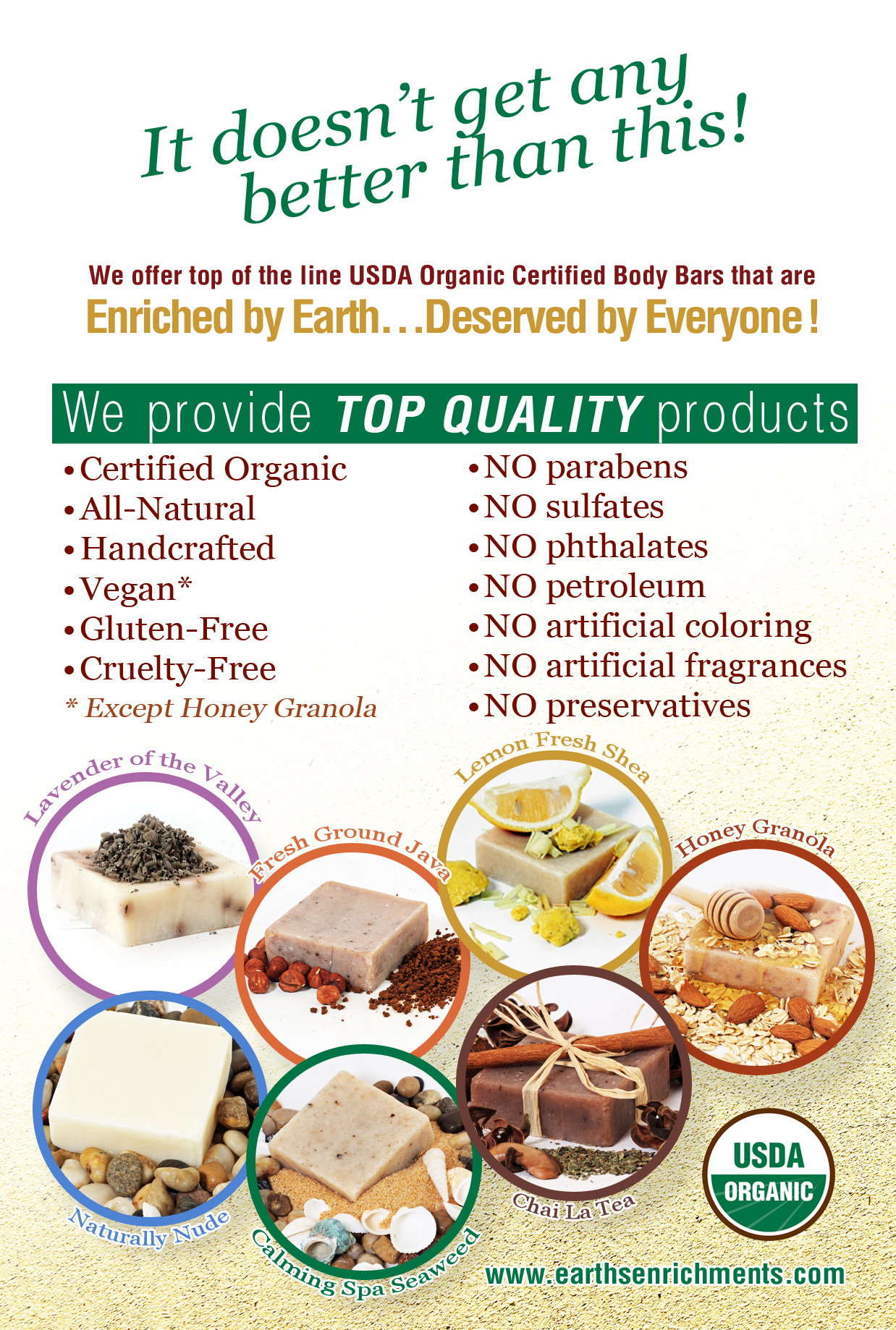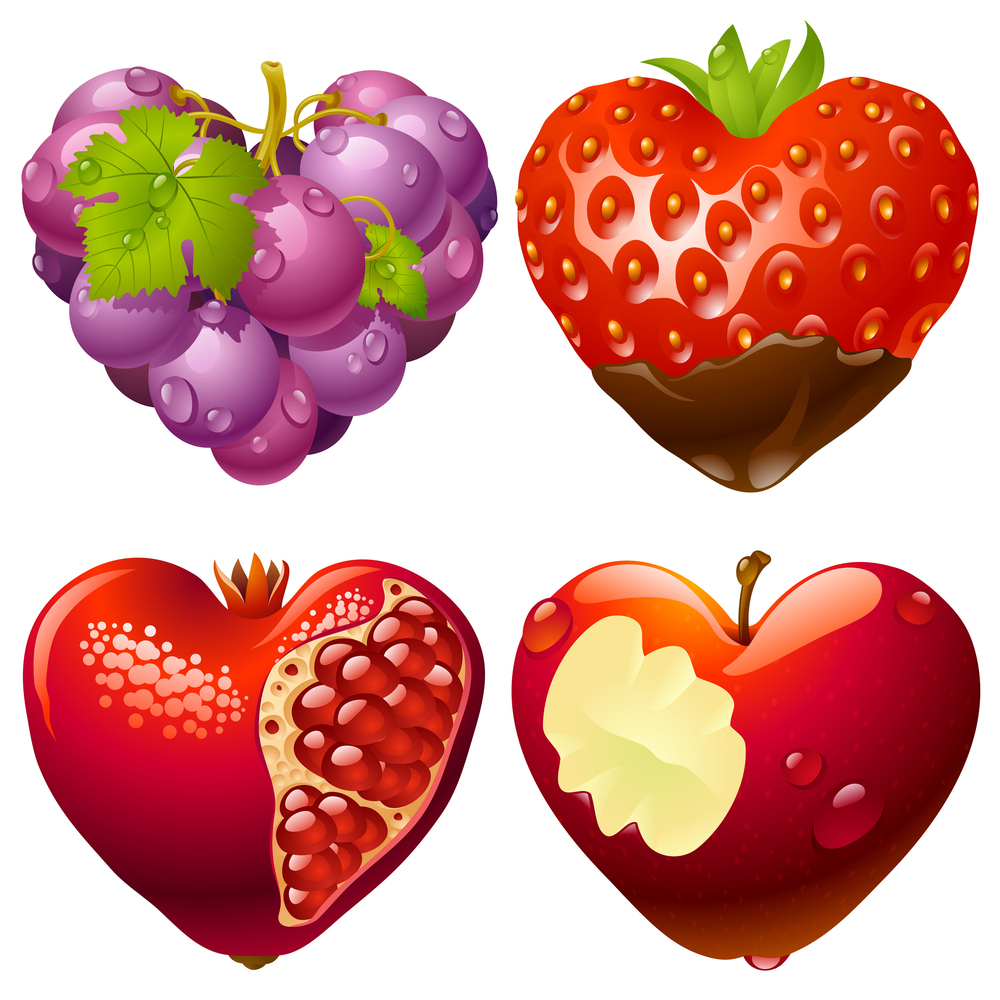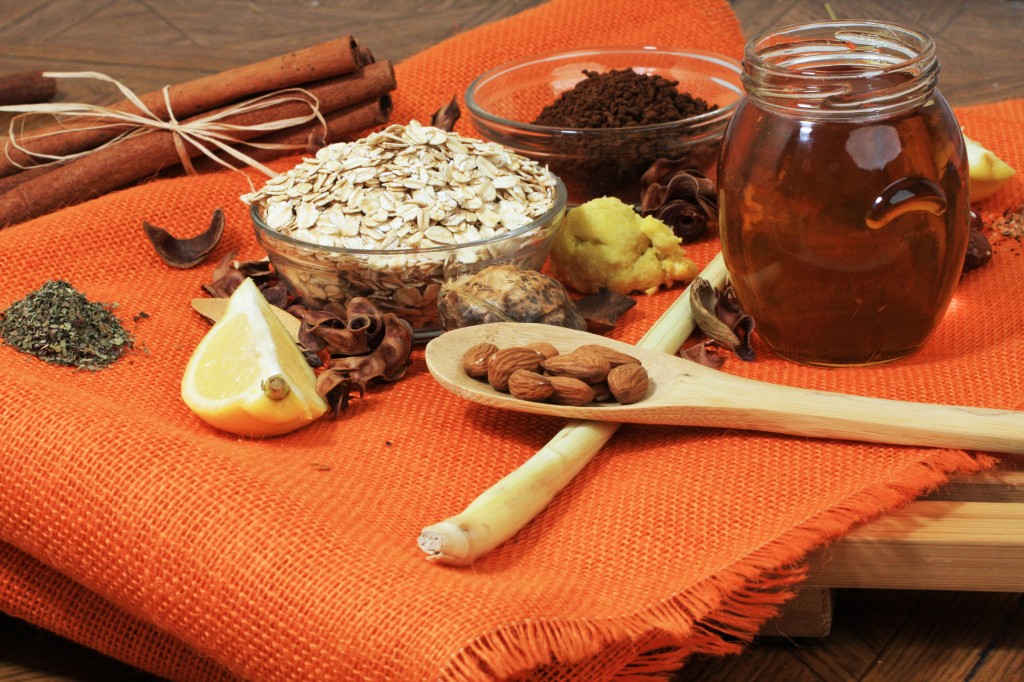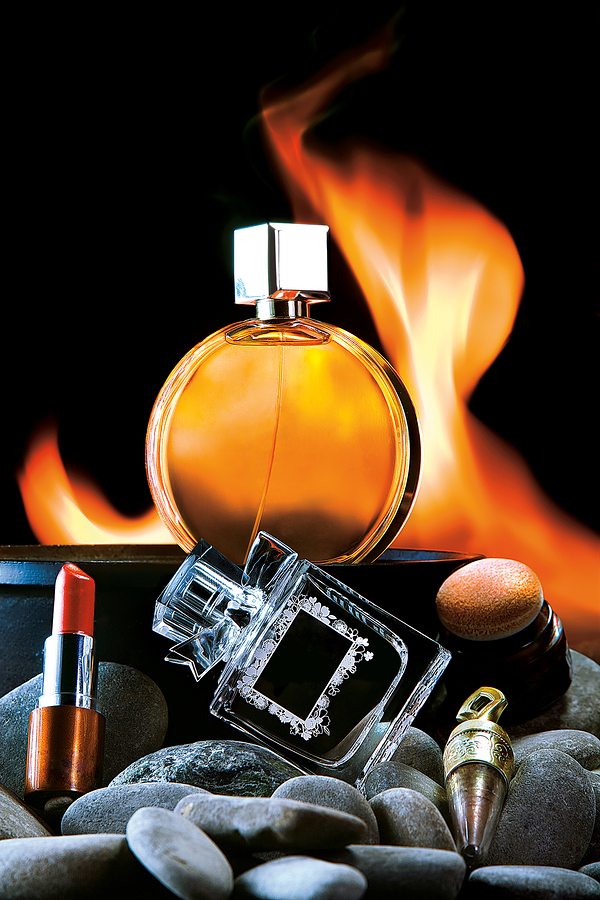
Dear Earth’s Enrichers
 There are a few of you out there that when you think about water, just a plain glass of water, you cringe. Then there are those who think about it and find the thought refreshing. We can understand that those of you who don’t like just plain water, might find it bland and unexciting. However, even though that is one con, the benefits of water definitely out weigh it.
There are a few of you out there that when you think about water, just a plain glass of water, you cringe. Then there are those who think about it and find the thought refreshing. We can understand that those of you who don’t like just plain water, might find it bland and unexciting. However, even though that is one con, the benefits of water definitely out weigh it.
Our bodies are made up of about 70% water. This keeps our body balanced and moist so we don’t dry out. It is a primary element in cells and helps them communicate with each other. Keeping your body hydrated properly helps your cells function. An individual should be drinking about eight cups of water a day, but this also depends on different factors.
These factors depend on how physically active a person is and how much they sweat, the amount of heat an individual is exposed to on a daily basis, the amount of soft drinks that person consumes, and also the amount of caffeine they ingest. Under these conditions, eight cups a day may need to be increased.
For instance, a person who drinks a lot of coffee may have to urinate more than average and thus waste a lot of their body’s water supply. This wasted supply must be replenished. Exercise, depending on intensity, also uses up the body’s water storage. Water is important during exercising because it keeps you from dehydrating when you sweat.
There are signs that your body will give you to let you know that you aren’t drinking enough water or getting hydrated. A sign of not drinking enough water can be seen in the color of your urine, it generally should be a pale yellow. If it is a dark yellow, you should go buy a really big, fancy water bottle because you are not drinking enough water.
Signs of dehydration or thirstiness are pretty easy to remember and you probably have noticed them once or twice. A sign of being thirsty is drying of the mouth, which usually fixes right up with a quick swig of refreshing water. Some signs of dehydration are fainting, confusion, dry mouth or swollen tongue, weakness, dizziness, and being sluggish. If a person experiences these symptoms and is dehydrated do not introduce excessive amounts of water, and seek medical attention from a professional.
How to keep your body from getting to that point of dehydration…keep yourself hydrated! Keep a bottle of water with you at all times. Even when it is cold, you can get dehydrated. We don’t recommending gulping down eight cups all at once; that is just the recommended doses throughout a day. Know your body, when you feel your mouth getting dry or you start to develop a headache, take a few sips. It could do you some good. Listen to your body.
The EE 411:
For those of you that are not the biggest fans of water, there are other ways to get your daily intake of water, although, a cup of water is better.
Fruits- These are some examples of fruits that are highest on the list to contain the most water:
- Watermelon is about 90% water
- Oranges
- Grapefruit
- Cantaloupes
- Honeydew
Vegetables– these do not contain as much water as the fruits do.
- Celery
- Cucumbers
- Tomatoes
- Green peppers
- Romaine lettuce
Other foods/drinks– these foods have water in them as well
- Oatmeal
- Yogurt
- Soup
- Smoothies
- Sports drinks
- Flavored water
There are some benefits of staying hydrated:
- Balances body fluids
- Keeps calories in check
- Fuels muscles
- Keeps skin looking good and refreshed
- Helps your kidneys sort through waste
- Promotes normal bowel functions
- Boosts energy helping with fatigue
- Filters out toxins
- Improves immune system
- Helps body stave off cramps and sprains
Share with Us: After reading this, for those of you who disliked water, do you feel better about? Did it help you find new options? How about those of you who have always been fans of water?
(This post was brought to you by Earth’s Enrichments. Similar posts can be found by visiting our Blog. More information about our company and products (USDA Certified Organic Soaps, Organic Bath Salts, Organic Sugar Scrubs, Organic Body Balms and Organic Lip Balms) can be found on our Website. Thank you Earth’s Enricher!)

